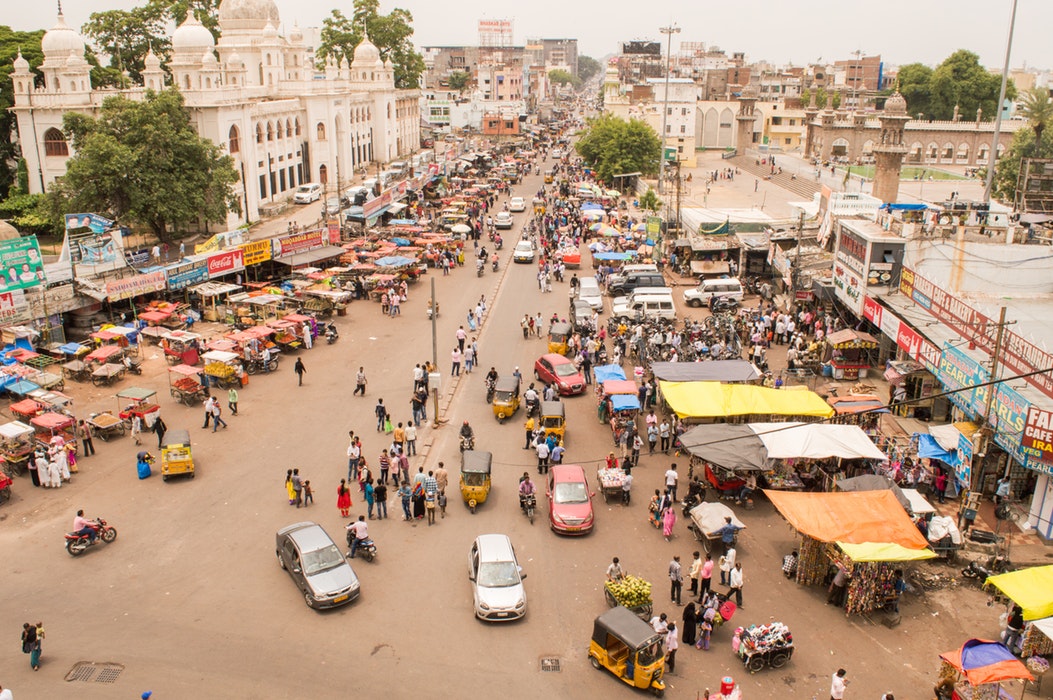Nomura’s Study on Urban Mobility Makes a Case for Smart Parking
A smooth transportation system is critical to the sustainable economic growth of a country. Given India’s vast geographical expanse, the transportation and infrastructure sector has a crucial role to play in its economic progress.
A report by Nomura Research Institute (NRI), a Japanese consulting firm, titled ‘Transforming Mobility’ identified roads as critical to India’s mobility conditions. Introduced at the Transport Expo in New Delhi, it highlighted how our roads aren’t in the best of shape, pointing out glaring differences in the manner road infrastructure has shaped up the transport sector in developed countries in comparison with India.
Key findings of the report
The report highlights many issues with the Indian road infrastructure:
- Congestion in urban areas is responsible for slowing speeds and increasing pollution in poorer air quality index in such cities. The problem is further aggravated due to the heterogeneous nature of traffic – slow e-rickshaws with fast cars, all haphazardly moving on the roads
- Public transit networks characterized by low-quality infrastructure, poor performance, lack of connectivity, and different ticketing requirements at different modes discourage people from adopting them
- A lack of parking facilities means vehicles often park on the roadside, increasing congestion
- Passengers, who use private vehicles as the first and last mile of their journey, are discouraged from using public modes of transport, such as Metros, due to limited parking space at transfer points and stations
- Mobile app-based cabs, which offer mobility on-the-go, face an acute shortage of parking spaces. Due to this, they inadvertently contribute to traffic congestion even when they sit idle
Making a case for smart parking
The report makes a case for developing safe, clean, and smart mobility solutions. Creating integrated public transport systems, adopting low emission vehicles, reducing non-vehicular dust pollution are some of the suggested measures. It also encourages adoption of intelligent mobility solutions such as smart traffic lights and lane management systems and planning separate lanes for slow-moving traffic for reducing heterogeneity of speed.
Ultimately, the report makes a case for smart parking management. Smart parking certainly holds the potential to cause a small dent in the issue. According to studies, 30% of vehicular traffic is caused by vehicles cruising to find a parking spot. Smart parking systems can collect and maintain a database of all the parking locations, which can be used to develop mobile-based apps to aid commuters in finding parking spots. Once such a model is put in place, traffic congestion can be reduced as vehicles can quickly find a spot and park accordingly.
Floating smart parking systems can make optimum use of even vacant residential areas, which can double up as parking lots. Additionally, dynamic pricing of parking bays during peak hours can generate revenue, which can be used to introduce smarter ways to manage traffic. The improved revenue generation prospects can also serve to attract private players to the transport sector.
The need for sustainable transport solutions
As our population burgeons, transforming mobility is vital to make our cities livable. The good news is that this idea is gaining greater acceptability, with the government rolling out initiatives such as the Smart City Mission. While integrating public transport systems to offer a smooth transit corridor may need the involvement of various governmental and private stakeholders, it is a fairly long-term goal that will take a while to implement. On the other hand, smart parking seems to be a viable option to have an immediate effect.
Integrating an efficient traffic management system with smart parking solutions could give the transport sector a much-needed boost. To truly transform mobility in India and improve our environmental conditions, we will need to build sustainable, scalable, technology-led transportation solutions.

